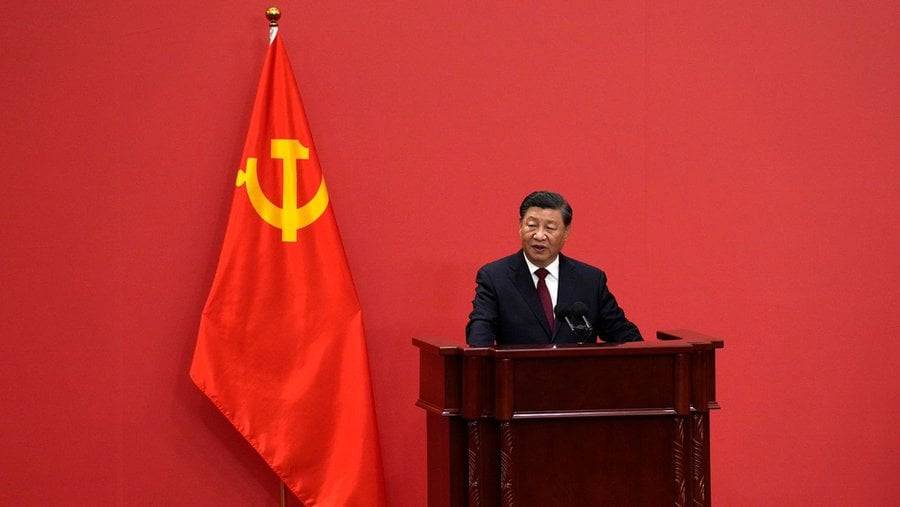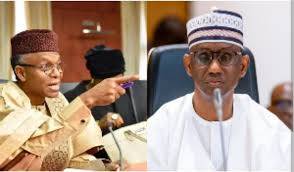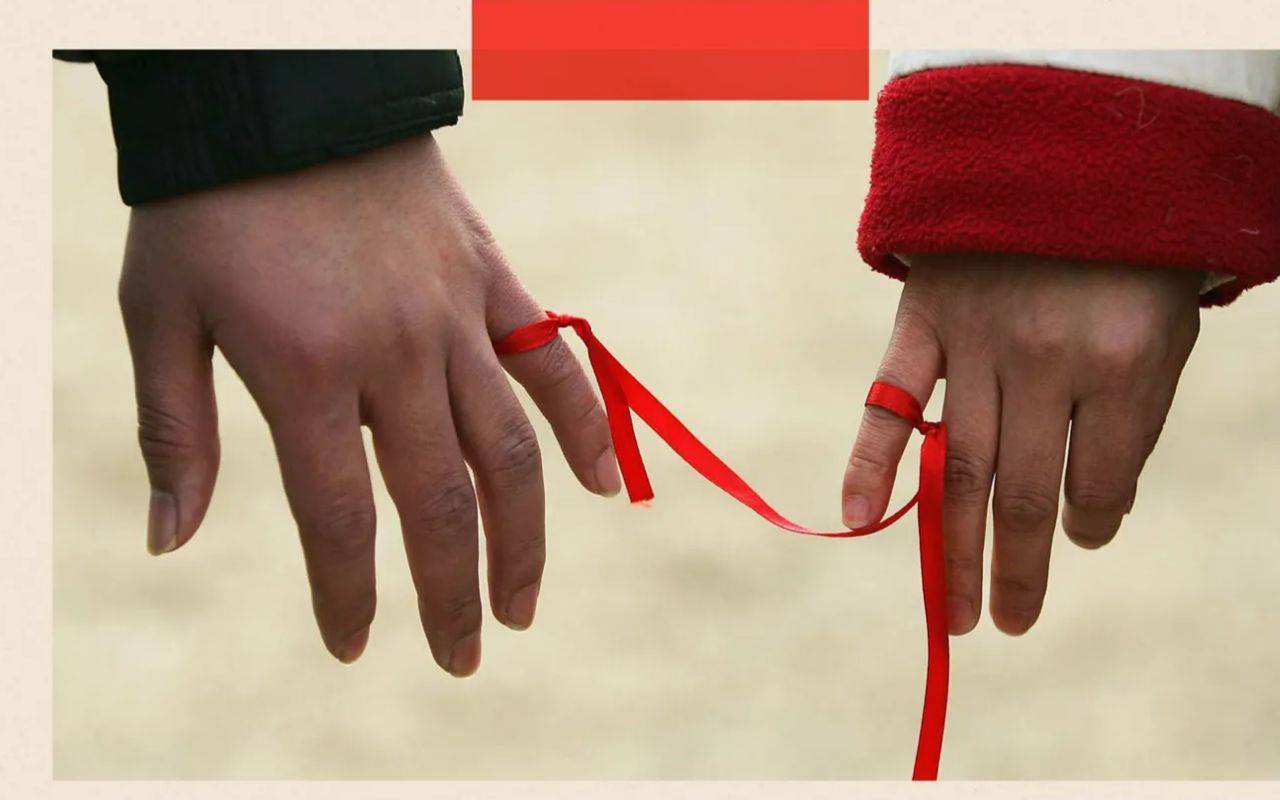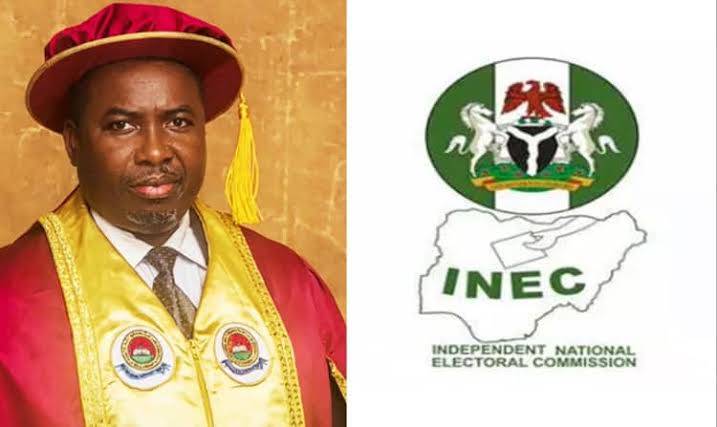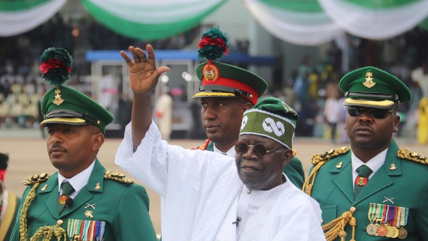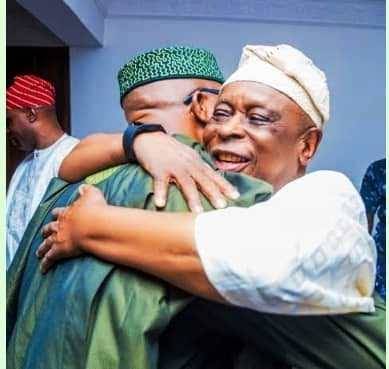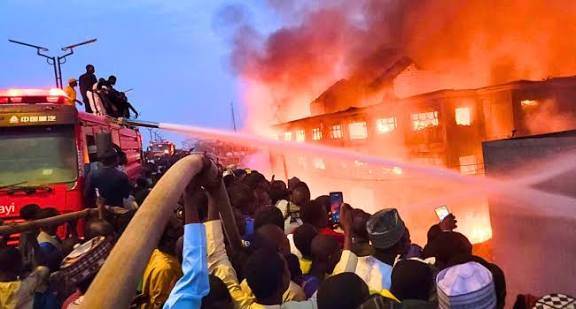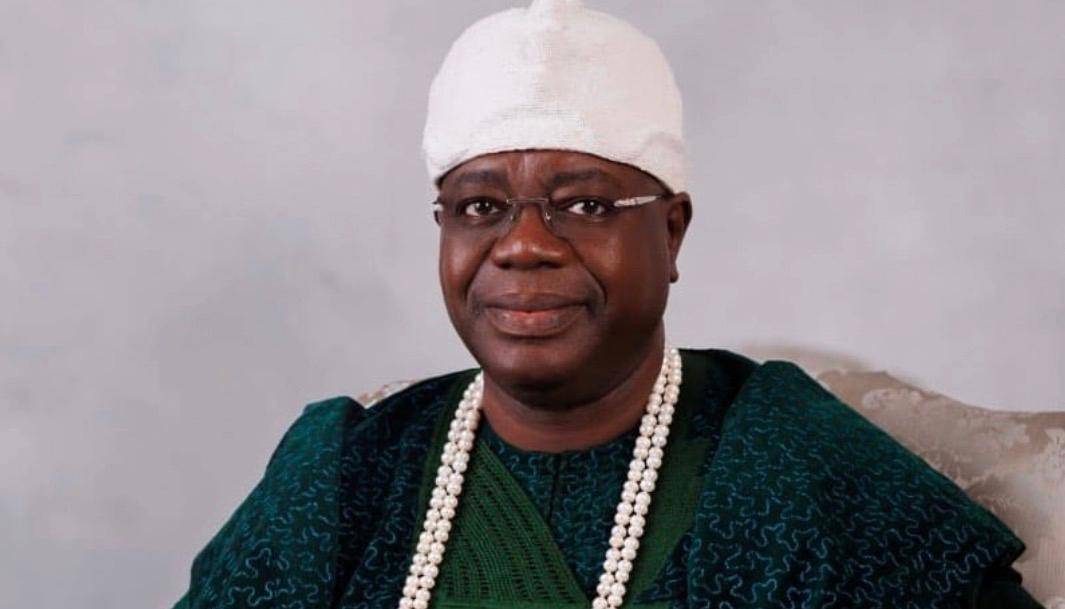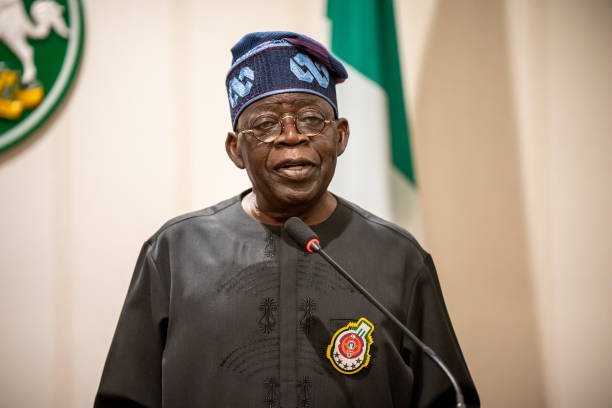
By Palladium
President Bola Tinubu is about 15 months in office. Even before he marked one year, many Nigerians began clamouring for a cabinet reshuffle, the periodic administrative bloodletting that leaders in these parts love to indulge. Last May, on the administration’s one year anniversary, analysts speculated that the reshuffle would coincide with the occasion. It didn’t happen, not even a whisper. Then expectations again rose to fever pitch a little after the anniversary, complete with tendentious analyses of ministers’ performance records.
Still, not a word came from the president, for he seldom grant interviews, nor from his aides unable to masquerade as sources. But in the past one or two weeks, with the administration buffeted on all sides by a barely responsive but still distressed economy, and critics and opposition forces running riot on traditional and social media with thunderous blather, Nigerians have once more begun to speculate a reshuffle. A reshuffle will come, undoubtedly, but it may not be on the scale analysts have cursorily calculated.
But before President Tinubu carries out a reshuffle, he needs to take advice on issues he must deal with first. Early in his administration, after emplacing a cabinet, he set up a Result and Delivery Unit headed by a special adviser, Hadiza Bala-Usman, to measure the performance of each minister. There are indications she has done it, and may continue to tweak the report until a reshuffle is done. However, it was inappropriate both to set up such a unit as well as to publicise its formation. There is no way the president himself, not to say his close staff, cannot estimate his appointees’ contributions, including judging their commitment to his administration while making allowances for their idiosyncrasies. Even in the absence of a scientific measurement, presidential intuition should guide his appreciation of cabinet members’ competence. Moreover, most of his appointees were political IOUs that needed to be repaid and sustained for possible reelection. If the president allows himself to be pressured to wield the knife and cut too deeply, he might jeopardise his future chances and further alienate his thinning support base.
Taking a cursory look at his cabinet, it is unlikely there are many incompetent or disloyal ministers around him. Some of them may be somewhat prejudiced or harbour misgivings about the administration’s regional and even cultural predilections, but they were not recruited from an alien society. There is hardly a minister without one bias or the other, some explicit, others vague. The president may feel pressured to sacrifice a few ministers to sate the appetite of proponents of reshuffle, thus buying himself some time and deflecting criticisms and animosities against his government, but he must satisfy himself that he has provided the kind of leadership and close staffing environment needed to get his appointees working at their best. He appears genuine enough to still retain the trust and administration of a still sizable percentage of his admirers and supporters, but few extend those good wishes to his kitchen cabinet. The president must have read that some Nigerians think his close staff have been grasping, self-centred and too timid to joust with him over his more daring and complicated ideas.
It is also not clear that his cabinet, as opposed to himself, is responsible for the desultory execution of some of his radical and far-reaching policies. As a policymaker par excellence, it is surprising that he buckled to suggestions of applying untested palliatives to both expiate the idealism of his economic measures and to remedy the stifling impact they have had on the people’s cost and standard of living. He is too visionary to countenance those ad hoc measures, let alone enunciate them, many of which he knows some of his appointees would take advantage of. If he was optimistic about the can-do spirit of Nigerians before he assumed office, he must by now be disillusioned about their immense capacity to, as they put it in Nigeria, chance the system. If he is assailed today in terms probably none of his predecessors had ever been, it is because they sense a gap in his methods and resolve. He was expected to firmly and quickly tackle the Humanitarian and Poverty Alleviation ministry’s Betta Edu and the Internal Affairs ministry’s Olubunmi Tunji-Ojo snafu; instead his administration waffled over the matter and kept it in view, perhaps waiting for a cabinet reshuffle. But the issue was a godsend to enable him very early in his presidency set a template of firmness that would brook neither irreverence from opportunists nor ethical tardiness by appointees. And there have been a number of other faux pas that sent mixed signals of governmental weakness and shortfall in altruism. But the president is extremely lucky that all this is happening early in his presidency. He now has a great chance in the next one year to really cut to the chase, take the bull by the horns, eschew laxity in administration, and preside over the affairs of Nigeria with firmness of the most engaging type, and with the competence and synchronicity he demonstrated in Lagos.
Critics and admirers have wearied the president to accept the necessity of cabinet reshuffle. He may choose to tighten the belt a little more by reducing or merging ministries, and quietly easing out some underperforming ministers who will not cost him much and more support. But he must be wary of those urging him to reconfigure his cabinet like the Britons or Americans do. Nigeria and those countries are culturally and even politically poles apart. The latitude presidents enjoy elsewhere may prove politically costly in these parts. Luckily, President Tinubu does not lack the boldness to act in ways not in consonance with public or opposition expectations. He needs to structure his administration in such a way that he will be seen as being in very firm control of his government. Sometimes, he seems inscrutably detached. If he does not first look inwards, whatever he does with the larger cabinet will be of little consequence. Yet, he simply cannot afford to maintain the status quo in his administration. Nigerians sense that something is wrong, misplaced or incomplete about his administration. But they cannot quite easily put their fingers on what the matter is.
Unfortunately, the president may have allowed the issue of cabinet reshuffle to be politicised. His critics crave it; opposition leaders, despite their scepticism, want it; and even his supporters angle for it, perhaps hoping they or someone they know would clinch a post. Had the president reshuffled the cabinet when Dr Edu drew public flak, and had there been one or two major movements in the cabinet since then, no one would be clamouring for any concerted change. Whatever he does now, including satisfying public longing for a cabinet massacre, the president should henceforth run his administration in such a manner that cabinet reshuffle would no longer become an issue, let alone a politicised matter. Reshuffles should be routine, minimal, unpredictable and brilliant. A reshuffle may give the government reprieve from criticism as well as serve to distract public attention, but it has no real value except when necessitated by political and administrative upheavals. Worse, the euphoria that accompanies a reshuffle lasts barely a week or two, leaving the administration to still contend with the relentless challenges of bloated cabinet, hunger crisis, insecurity, among others.
As he prepares for a reshuffle, the president also needs to rethink his presidency and let its undergirding ideals inform the movements in, and the shape of, his cabinet. His presidency is unique, coming as it did against the run of play, and against huge obstacles, including a remorseless opposition working in tandem with the social media all determined to delegitimise the election victory that brought him into office. He, therefore, has a responsibility to imbue his leadership with a transcendental theme, far beyond the rudimentariness, and in some cases opacity, that has partly unnerved his administration. Given its unusual birthing, with everyone acknowledging the hand of God in the election, his presidency must not travel the usual Nigerian trajectory or end up undistinguished like his predecessors. So far, he has produced an inundating slew of policies and measures – doing too many things at once and in a hurry – and overawing the country; but there has been little of the contemplative originality capable of producing a great an inspiring presidency. It is, therefore, not enough to simply reshuffle his cabinet; it must be an opportunity to reset the rubric of his presidency and lay the foundations against which his successors would be judged.
Culled from The Nation



